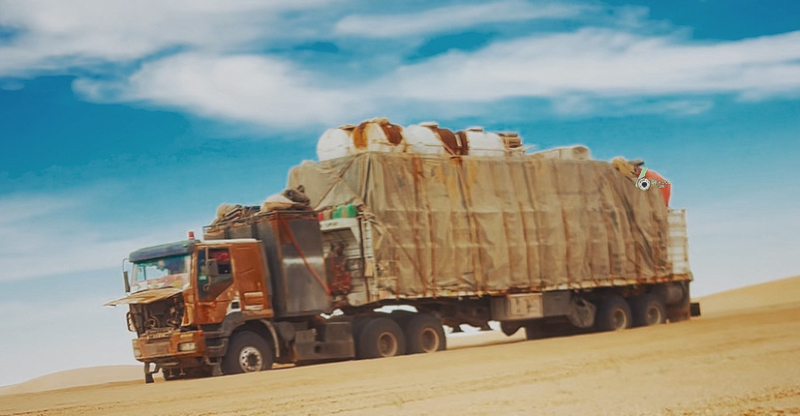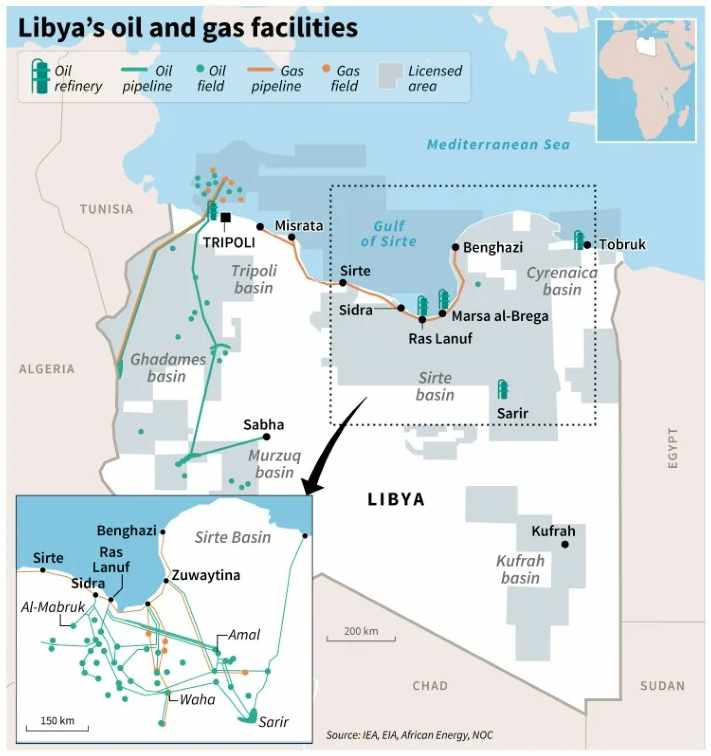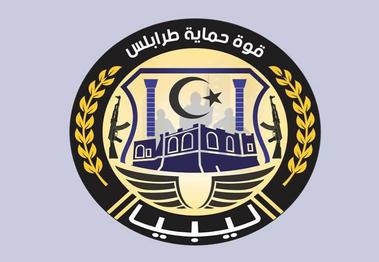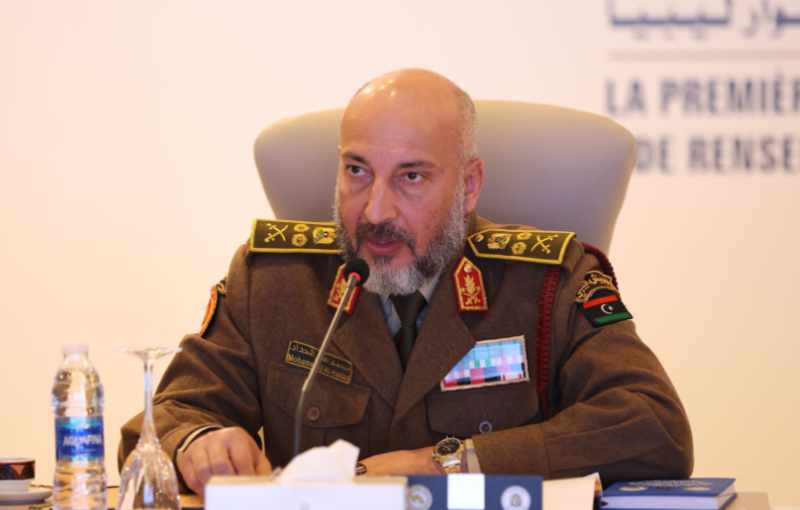Fuel smuggling report shines an uncomfortable spotlight
Published on 2025 November 27, Thursday Back to articles
Smugglers driving a non-official fuel truck
A new report into fuel smuggling in Libya issued in November by the Washington-based investigative and policy organisation, Sentry, has made for uncomfortable reading for several prominent figures in Libya. The report estimates that fuel smuggling costs Libya around US$6.7 billion a year, noting that a few key Libyan actors have ‘significantly intensified the exploitation of Libya’s bloated fuel subsidy programme.’ It states that the sheer scale of the smuggling means the issue can no longer be considered solely as a byproduct of weak governance, arguing that Libya’s rulers deliberately embraced it as ‘part of a broader, systematic strategy to siphon massive wealth from the population.’
The report observes too that while fuel smuggling has been ongoing for many years, the practice increased dramatically after 2022, costing the Libyan population an estimated US$15 billion between 2022 and 2024 alone. It asserts that this surge accompanied Farhat Bengdarra’s taking over as head of the National Oil Corporation (NOC), claiming that his chairmanship ushered in a period of dramatic expansion in such activities, including through the introduction of the system of swapping crude oil for imported refined fuel. This refined fuel, which was meant for domestic use, was resold abroad at vast profit. Sentry blames both the NOC and Brega Petroleum for failing to prevent these illicit activities, as well as Libya’s rulers, who it effectively accuses of looting the country.
…including on Dbeibah’s man in Misrata…
Among those individuals singled out in the report is the head of the Joint Force in Misrata, Omar Bughdada, a key Dbeibah ally upon whom the GNU prime minister relies heavily in Misrata.
The report alleges that Bughdada’s decision to ally himself with Dbeibah when the GNU came to power in 2021 enabled the force to assert control over parts of the airport and port, stating that ‘under the implicit protection of Dbeibah,’ the force was able to expand its involvement in illicit activities, including fuel smuggling.
It goes on to detail how the Joint Force obtains fuel from petrol stations near Misrata and in neighbouring towns and then moves it southwards. It additionally accuses it of running fuel smuggling operations through the Misrata Free Trade Zone and through Khoms port including: by manipulating shipping documents; using hidden tank capacity; concealing fuel in cargo containers; and conducting nighttime transfers offshore. It also accuses the Joint Force of diverting this fuel southwards and doing so in conjunction with the LAAF, stating that ‘Collaboration with Haftar’s armed coalition, particularly in the Shwayref area, is a critical element in the transfer of fuel from Misrata to the south,’ although it notes that when relations between the two sides are strained, these activities are disrupted.
Sentry calls on the US, EU and the UK and ‘other like-minded jurisdictions’ to investigate Bughdada and, if appropriate, to impose targeted sanctions upon him.
This report is deeply embarrassing for both Bughdada and Dbeibah. The Joint Force of Misrata is already deeply unpopular among anti-Dbeibah elements in the city, and this report provides their critics with further ammunition. Furthermore, the Misrata Free Zone has been hailed as a rare success story in post-Qadhafi Libya, having been able to expand and position itself as a key international transport hub. This report is damaging to the Misrata Free Zone’s image and raises questions about who is really in control of the Zone.
Despite the report making for uncomfortable reading for those accused, it is unlikely to herald any change.
…including the Haftars…
Much of the report is given over to a detailed description of how the Haftars — and Saddam Haftar in particular — are controlling both maritime and overland fuel smuggling in the areas under LAAF control.
It notes how Saddam Haftar controls ‘almost all of eastern Libya’s maritime smuggling, which forms a major component of the illicit fuel trade’ in the east. It details how imported fuel destined for Libya’s domestic market is re-exported by being loaded onto vessels in Benghazi’s old harbour or in Tobruk port before being shipped to its final destination. In other instances, imported fuel is transferred to another vessel at sea before it is delivered to its final destination. The report alleges that Ali al-Mashay ‘serves as Saddam Haftar’s most trusted subordinate when it comes to overseeing illicit fuel transfers.’
The report also details how Saddam Haftar is able to exploit the subsidised fuel market, diverting fuel by land transfers into a parallel market that extends into neighbouring countries including Niger, Chad and Sudan. It claims that the LAAF’s military power, combined with ‘covert influence over the NOC and its subsidiary, Brega Petroleum’ has enabled the Haftar coalition to ‘build a comprehensive system of control over the subsidised fuel itinerary.’
The Haftar family’s involvement in fuel smuggling is nothing new. However, the breadth and extent of Saddam Haftar’s activities in this respect are shocking nevertheless. Yet as with the situation in the west, things are unlikely to change on this front, leaving ordinary Libyans paying the price.
This excerpt is taken from Libya Focus, our monthly intelligence report on Libya. Click here to receive a free sample copy.The November 2025 issue of Libya Focus also includes the following:
Politics
- Haftar reaches out…
- Implications
- Haftar also adopts a new narrative…
- UNSMIL provokes outrage in the east…
- Reports of secret talks to form a new government
- MPs push for Saleh’s removal
Security
- Clashes in Misrata…
- GNU launches drone strikes against Zuwara
- Special Operations chief assassinated in Tripoli
Energy & Economy
- Fuel smuggling report shines an uncomfortable spotlight…
- New oil discoveries



